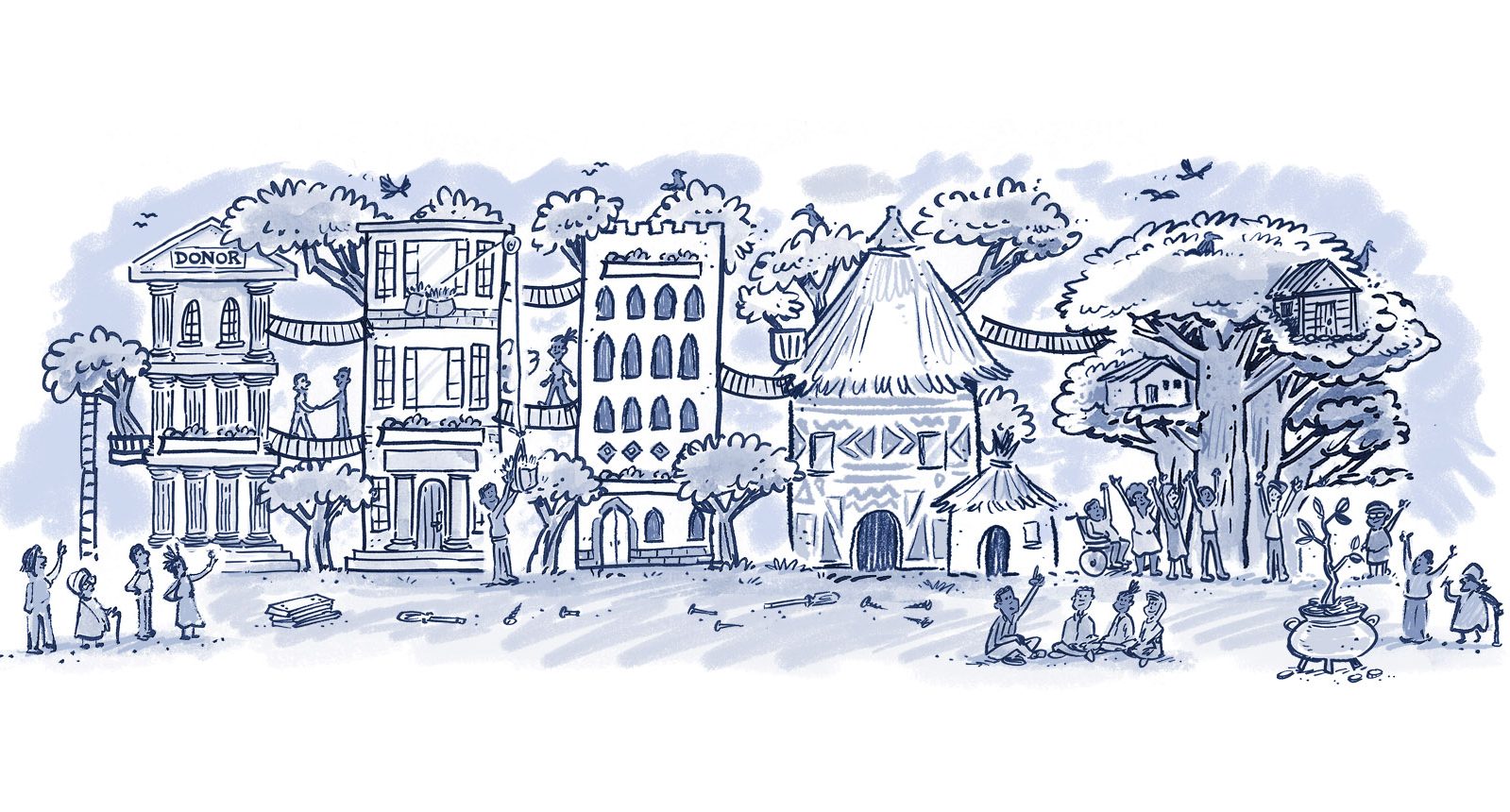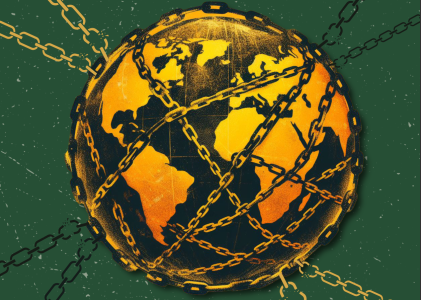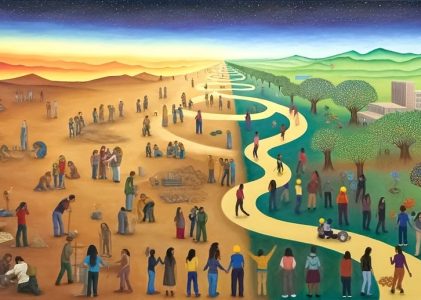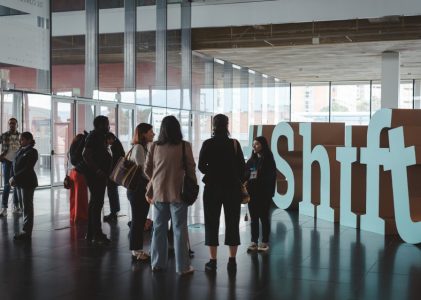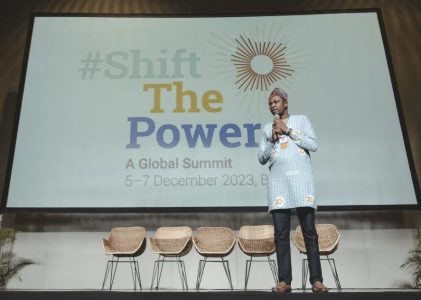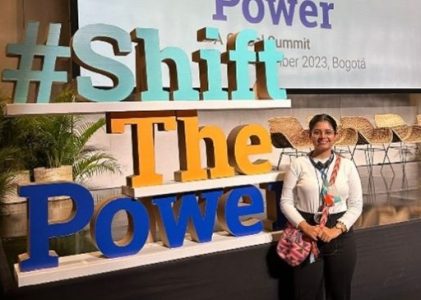Tied Aid: A development challenge that refuses to go away.
At this time, when governments of developing nations are increasingly skeptical of foreign funding, barriers imposed by the donor countries put grassroots CSOs at enormous risk. As powerful elites in the Global South continue to discredit CSOs in the name of ‘foreign agents’, tied aid contributes to this narrative, muddying the waters for activists.
